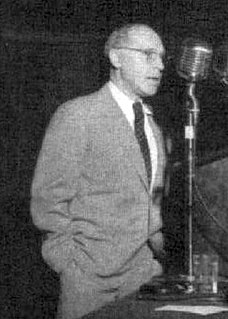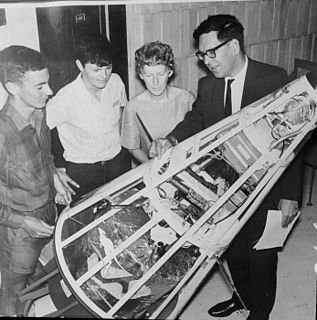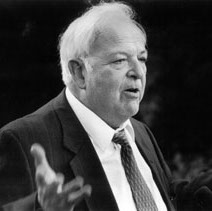A Quote by Ha-Joon Chang
Unfortunately, a lot of economists wanted to make their subject a science. So the more what you do resembles physics or chemistry, the more credible you become.
Related Quotes
Scientific education for the masses will do little good, and probably a lot of harm, if it simply boils down to more physics, more chemistry, more biology, etc to the detriment of literature and history. Its probable effect on the average human being would be to narrow the range of his thoughts and make him more than ever contemptuous of such knowledge as he did not possess.
As science is more and more subject to grave misuse as well as to use for human benefit it has also become the scientist's responsibility to become aware of the social relations and applications of his subject, and to exert his influence in such a direction as will result in the best applications of the findings in his own and related fields. Thus he must help in educating the public, in the broad sense, and this means first educating himself, not only in science but in regard to the great issues confronting mankind today.
Economics, over the years, has become more and more abstract and divorced from events in the real world. Economists, by and large, do not study the workings of the actual economic system. They theorize about it. As Ely Devons, an English economist, once said in a meeting: 'If economists wanted to study the horse, they wouldn't go around and look at horses. They'd sit in their studies and say to themselves, `What would I do if I were a horse?' '
This missing science of heredity, this unworked mine of knowledge on the borderland of biology and anthropology, which for all practical purposes is as unworked now as it was in the days of Plato, is, in simple truth, ten times more important to humanity than all the chemistry and physics, all the technical and indsutrial science that ever has been or ever will be discovered.



































